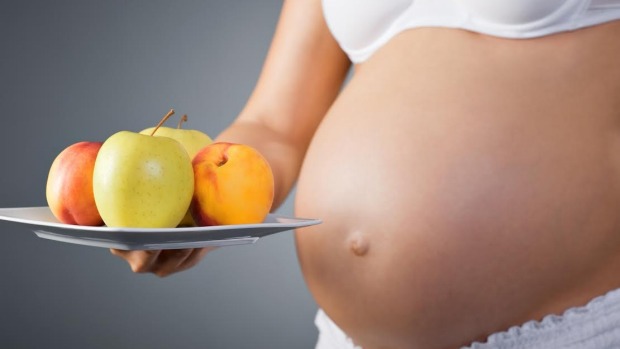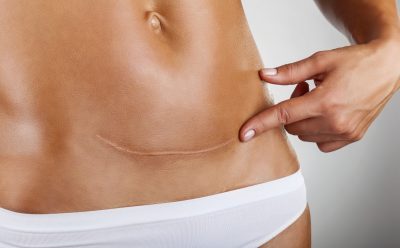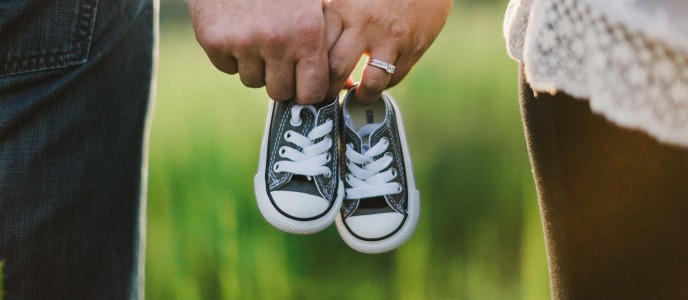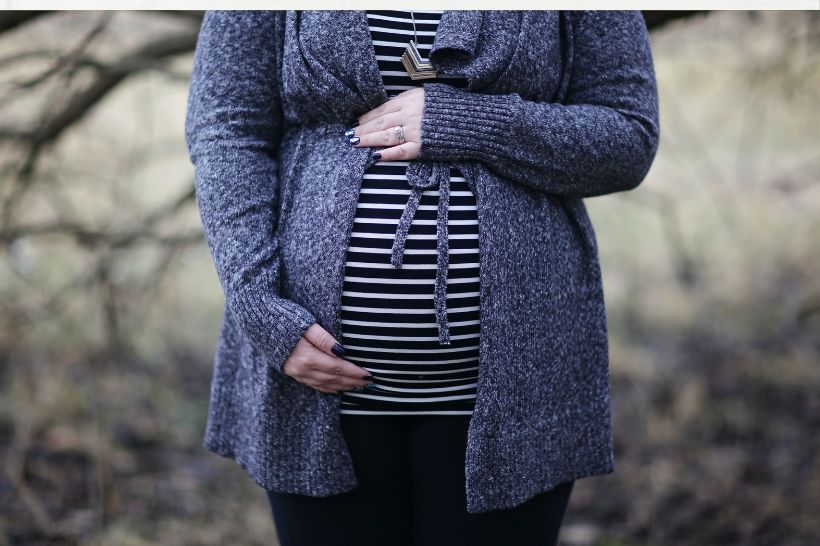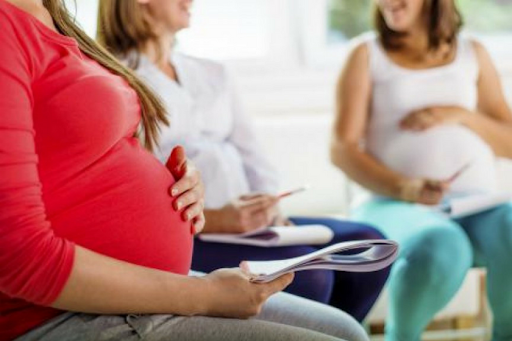Eating and drinking during labour is an aspect of childbirth that is rarely discussed and often dismissed as inadmissible. Some may find it a strange proposition altogether while some may think of it as a possible option, yet choose not to discuss it- assuming the thought to be either embarrassing or a taboo for when a child is to be birthed.
However, studies indicate that if given an option to eat and drink during labour, 95% of women would rightly choose to do so.
Labour during childbirth like any other form of ‘labour task’, requires strength and endurance in order to physically bring the baby into the world. It is widely known that labour can take from a couple of hours to even a few days in certain situations. Hence being well-nourished and hydrated can help avoid exhaustion and stress that are actually known to prolong labour and reduce contractions.
Limiting the birthing mother’s food intake during labour can also result in nausea, headaches and even vomiting. Studies have also revealed that prohibiting food consumption during labour can result in intense pain and increased anxiety.
According to the World Health Organization, “For women at low risk, oral fluid and food intake during labour are recommended.”
However in many hospitals even today, women are told not to eat and stay NBM i.e. nil by mouth.
Different things should be consumed depending on the stages of labour.
This is a guide of what you can eat and drink
Food intake during labour must vary according to the phase and stage of its progress. This helps ensure that the right food type and nutritional needs of the body are met. This would help support and provide the birthing mother with strength, stamina and comfort to pull through the long labour hours.
Early Labour
The mother must be encouraged to nourish herself well during this phase as it is the best time to stock up on energy and prepare one’s body for the cumbersome labour ahead. Opt for foods that are easily digestible. Look at incorporating foods that are high in complex carbohydrates with moderate protein and healthy fats so as to ensure stable blood sugar and energy throughout.
Meal options could include:
- Green smoothie
- Dried fruits and nuts
- Fruits such as banana, apple, pear with a small helping of nut butter
- Snacks like poha, quinoa upma, oats khichdi
- Roti/Toast with egg, yoghurt or potato.
- Stay hydrated by sipping on water every 20 to 30 minutes.
Active Labour
With the progressing of labour, a women’s appetite and desire to eat will gradually decrease. She may also have an aversion to certain smells. However, foods that can be easily be digested and are mess-free serve as a good option during this phase. Incorporate foods that contain natural sugars to help maintain strength and energy levels.
Options could include:
- Dry fruits
- Fruits like berries, grapes, muskmelon, watermelon, bananas
- Spoonful of honey to give a boost of energy.
- Yoghurt
- Ice cubes infused with lemon water, coconut water, fruit puree.
- Stay hydrated with water and fluids rich in electrolytes such as coconut water and electoral powder water that will help support uterine contractions.
Avoid food that is rich in protein and fat during this phase as these nutrients require energy for digestion and during active labour one would want to reserve all possible energy available for the labouring phase. Also do not have food that causes the system to become acidic as it would lead to discomfort in the form of nausea, vomiting, burning etc.
Transitioning Phase
This is one of the most crucial and challenging phases during labour. It is a time when the mother is primarily focusing on her baby and is filled with mixed emotions of uncertainty, doubt and concern. Most women will not have any appetite during this phase and hence the best option is to stay hydrated as far as possible with water or even ice cubes.
Things to avoid when in labour:
- Avoid eating heavy large meals; instead, opt for smaller portions that can be frequently repeated.
- Sugary foods may give an initial energy boost but they result in an equally faster energy crash. Hence avoid indulging in foods that are purely sugar-based.
- High-fat foods can be heavy to digest and can result in sickness, hence they are best avoided.
- Fizzy drinks also being rich in sugar would result in eventual energy drop and may also increase nausea thus should be avoided. Opt for water-based fluids instead.
If birthing at a hospital, ensure you keep your healthcare provider in the loop. Discuss your wish to opt for light and nutritious food and liquids during the initial phases of labour prior to your due date.
Most natural birthing centres or alternate forms of birthing such as water birth, Hypno-birth, home birth allow consumption of certain foods and fluids during labour. However, it is advised to go over your wishes for the same in advance with the centre authorities to avoid conflict and anxiety at the time of labour.
